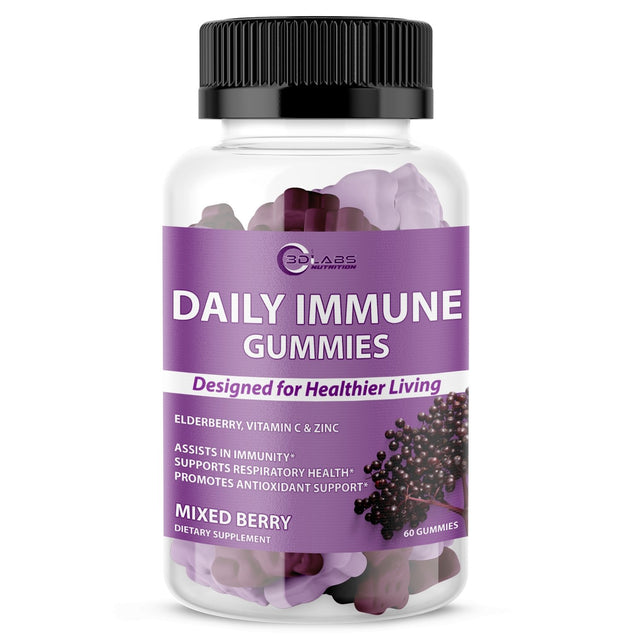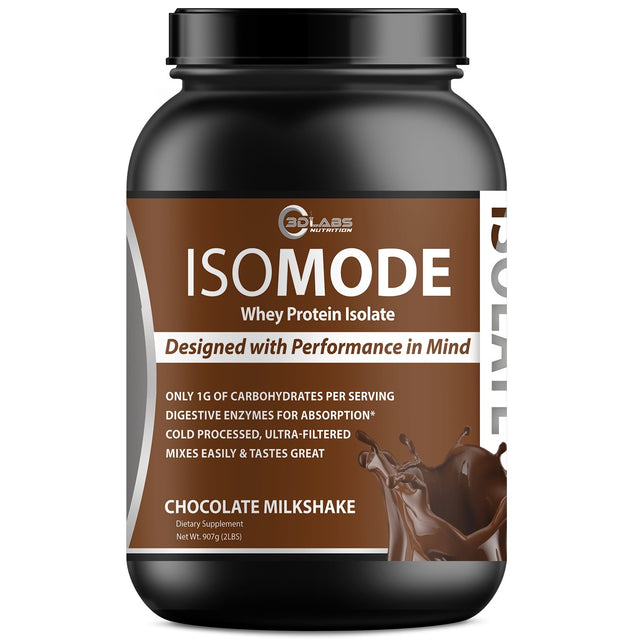5 Proven Techniques for Effective Stress Management
5 Proven Techniques for Effective Stress Management
Stress is your body’s natural response to demands or challenges, triggering the release of hormones like cortisol and adrenaline. While short-term stress can improve performance, chronic stress wreaks havoc on mental and physical health, leading to issues such as anxiety, depression, and heart disease. This type of ongoing stress disrupts sleep, diet, and fitness routines, setting off a vicious cycle that can be hard to break. Recognizing and understanding the impact of stress is the first step toward managing it effectively.
Incorporate Fitness into Your Routine
Exercise is one of the most powerful tools for managing stress. Physical activity stimulates the production of endorphins, serotonin, and dopamine—hormones that help you feel good and combat anxiety. To make fitness sustainable, start small: take a brisk walk, stretch for 10 minutes, or try a yoga session. Focus on consistency over intensity. Regular exercise not only improves your mood but also boosts your overall resilience. Varied activities like cardio, strength training, and mindfulness-based exercises, such as yoga or Tai Chi, provide comprehensive benefits for both body and mind.
Focus on Nutrition and Supplementation
A balanced diet plays a significant role in stress management. Foods rich in complex carbs, like whole grains, stabilize blood sugar and serotonin levels, promoting calmness. Lean proteins support neurotransmitter production, while healthy fats, like omega-3s, reduce inflammation and anxiety. Incorporate magnesium-rich foods, such as leafy greens and nuts, to help relax muscles and nerves. Supplements can also fill nutritional gaps—omega-3s for brain health, magnesium for relaxation, and adaptogens like ashwagandha for stress resilience. Together, these dietary choices support your body's natural stress response.
Adopt Lifestyle Changes for Long-Term Management
Long-term stress management requires sustained lifestyle adjustments. Prioritize sleep by creating a calming bedtime routine: dim the lights, avoid screens, and establish a consistent sleep schedule. Good sleep is foundational to stress resilience, allowing your body to recover and recharge. Mindfulness practices like meditation, deep breathing, and journaling keep you centered, helping to manage anxiety. Effective time management tools like planners and to-do lists reduce overwhelm, breaking tasks into manageable steps and preventing burnout. These changes create a supportive environment for mental and physical well-being.
Cultivate Mindfulness and Relaxation Techniques
Mindfulness is about staying present and aware, reducing stress by focusing on the here and now. Techniques like meditation, deep breathing, and progressive muscle relaxation help quiet the mind and lower cortisol levels. Guided imagery or simple breath-focused exercises can be practiced anytime, providing a quick reset during stressful moments. By incorporating these techniques regularly, you develop a toolkit to manage stress on the spot, fostering emotional balance and resilience. Make it a habit to check in with yourself daily, creating mental space to process and handle stress more effectively.
Build a Support System
Social connections are crucial for stress management. Engaging with friends, family, or community groups provides emotional support, encouragement, and a sense of belonging. Regular social interaction reduces feelings of isolation, which can exacerbate stress. Share your experiences, vent frustrations, or simply enjoy light-hearted conversations to ease tension. Surrounding yourself with positive influences not only buffers against stress but also reinforces healthy habits. Strong relationships are an essential aspect of emotional health, helping you navigate life’s challenges with greater confidence and less stress.
As You Can See
Managing stress effectively requires a holistic approach that integrates fitness, nutrition, mindfulness, and strong social ties. By adopting these strategies, you can build resilience, improve your health, and create a balanced life. Remember, managing stress is an ongoing journey—start with small changes, stay consistent, and reach out for support when needed. With the right tools, you can better handle stress and enjoy a more fulfilling life. Make these techniques a part of your daily routine, and empower yourself to face life’s challenges head-on!
Always Remember...
We would love to hear your thoughts on this, or any other article we write, so please, drop us your comments, ideas, input, and suggestions in the comments below.
And, by all means, if you think anyone in your world might like something we write, use the share buttons below to help us spread the word!
Until next time...PROGRESS, not PERFECTION!
Don't forget, always consult your physician before making any changes to your diet or exercise regimen.
Live a 3D Life...Decisions Determine Destinations!








0 Comments
There are no comments for this article. Be the first one to leave a message!